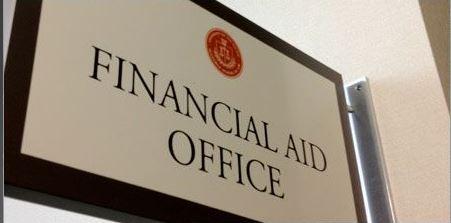Ting Promotes CalEITC with Chinese Newcomers & United Way Bay Area
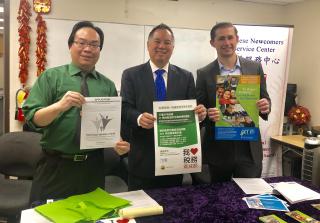 The tax deadline is fast approaching! This year, one million more Californians may be eligible for a state refund under the California Earned Income Tax Credit (CalEITC), which was expanded again for the 2018 tax year. Assemblymember Phil Ting (D-San Francisco), Chair of the Assembly Budget Committee, championed the effort during negotiations in 2018. Research has shown that EITCs are an effective anti-poverty tool.
The tax deadline is fast approaching! This year, one million more Californians may be eligible for a state refund under the California Earned Income Tax Credit (CalEITC), which was expanded again for the 2018 tax year. Assemblymember Phil Ting (D-San Francisco), Chair of the Assembly Budget Committee, championed the effort during negotiations in 2018. Research has shown that EITCs are an effective anti-poverty tool.
CalEITC put nearly $350 million directly in the hands of 1.4 million people last year, tripling the number of households that claimed the credit when compared to the prior year. This year, the Franchise Tax Board reports 39% more people have claimed the CalEITC compared to this time last year, already receiving $180 million back.
“California’s strong economy enables us to give a modest income boost to the families that need it the most,” said Ting. “Close to half of Californians who claimed the state Earned Income Tax Credit last year are single-parent households with children, and a refund can be life-changing for them. Adding self-employed workers for the first time in the 2017 tax year, particularly those in the gig economy, was especially impactful.”
Workers must file an income tax return in order to get the refund, even if they don’t owe any taxes. Every year, California leaves $2 billion of unclaimed state and federal EITC money on the table. Help us spread the word! Numerous non-profits can connect workers with free tax preparation services. This year, taxes are due by Monday, April 15th.
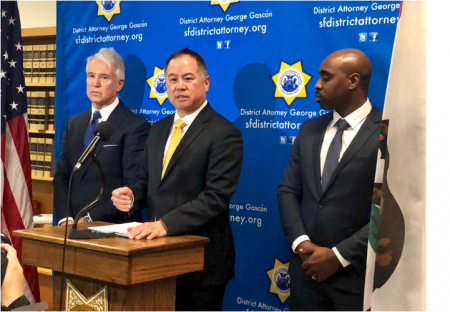
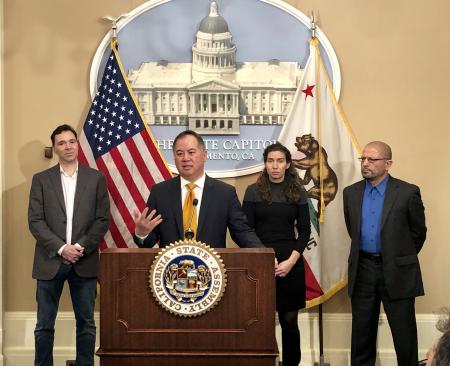
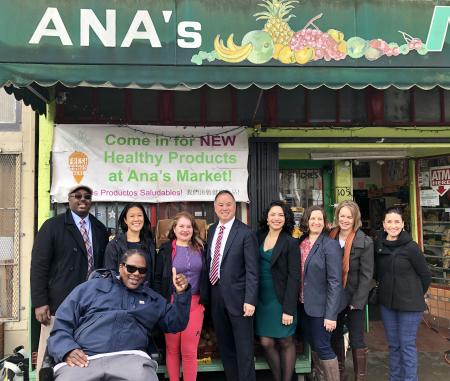
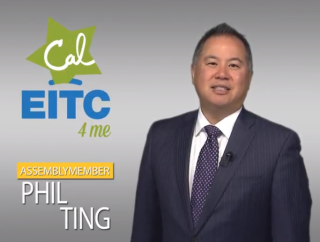 (Sacramento, CA) - The tax season is underway! As many as one million more Californians may be eligible for a state refund under the California Earned Income Tax Credit (CalEITC), which was expanded again for the 2018 tax year. Assemblymember Phil Ting (D-San Francisco), Chair of the Assembly Budget Committee, championed the effort during negotiations in 2018. Research has shown that EITCs are an effective anti-poverty tool. CalEITC put nearly $350 million directly in the hands of 1.4 million people last year, tripling the number of households that claimed the credit when compared to the prior year.
(Sacramento, CA) - The tax season is underway! As many as one million more Californians may be eligible for a state refund under the California Earned Income Tax Credit (CalEITC), which was expanded again for the 2018 tax year. Assemblymember Phil Ting (D-San Francisco), Chair of the Assembly Budget Committee, championed the effort during negotiations in 2018. Research has shown that EITCs are an effective anti-poverty tool. CalEITC put nearly $350 million directly in the hands of 1.4 million people last year, tripling the number of households that claimed the credit when compared to the prior year. Senator Holly Mitchell, Chair, Assemblymember Phil Ting, Vice-Chair, and the members of the Joint Legislative Budget Committee (JLBC) today announced that Gabriel Petek has been selected to be the next Legislative Analyst for the California Legislature.
Senator Holly Mitchell, Chair, Assemblymember Phil Ting, Vice-Chair, and the members of the Joint Legislative Budget Committee (JLBC) today announced that Gabriel Petek has been selected to be the next Legislative Analyst for the California Legislature.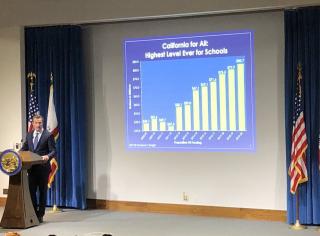 Assemblymember Phil Ting (D-San Francisco), Chair of the Assembly Budget Committee, released the statement below following Governor Gavin Newsom’s budget release:
Assemblymember Phil Ting (D-San Francisco), Chair of the Assembly Budget Committee, released the statement below following Governor Gavin Newsom’s budget release: (Sacramento) – After another successful legislative year, several bills authored by Assemblymember Phil Ting (D-San Francisco) will take effect on January 1, 2019. They include:
(Sacramento) – After another successful legislative year, several bills authored by Assemblymember Phil Ting (D-San Francisco) will take effect on January 1, 2019. They include: